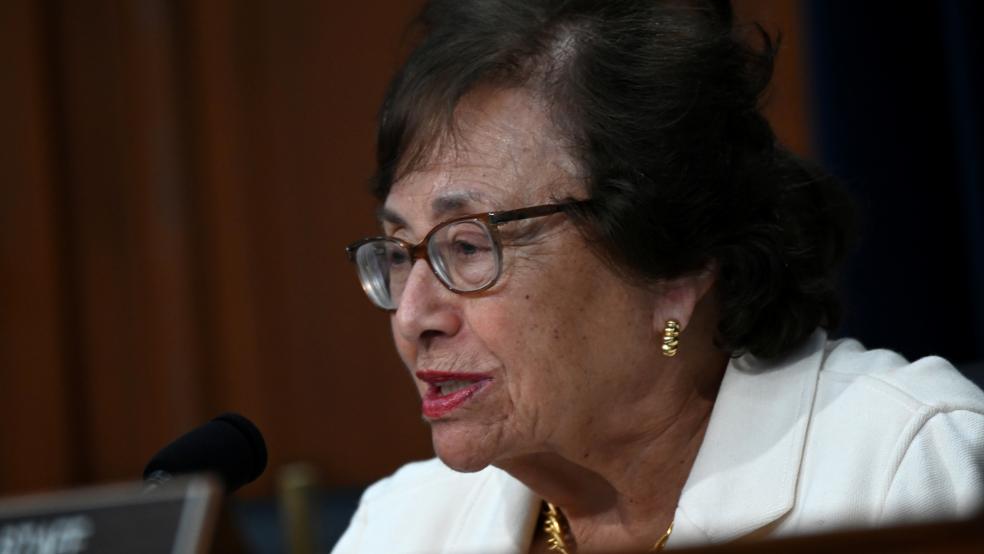Mark December 20 on your calendar. Congress plans to pass a second stopgap spending bill to keep the government running through that date, House Appropriations Committee Chair Nita Lowey (D-NY) told reporters Tuesday after meeting with Senate Appropriations Chair Richard C. Shelby (R-AL). Without that stopgap measure, known as a continuing resolution, the government would face a shutdown once current funding expires after November 21.
The House is expected to take up the new spending measure next week. The White House has said it is prepared to support a short-term continuing resolution, depending on the details.
“Lawmakers had discussed extending funding into early next year,” The Washington Post’s Erica Werner reports. “But they were concerned that if they attempted that, the process could falter and they would end up continuing to fund all agencies at current spending levels. That would mean the Pentagon and domestic agencies would have to forgo significant spending increases, an outcome lawmakers of both parties oppose.”
The question is what happens as the new December deadline nears. Lawmakers reportedly hope that the additional month of funding will allow them enough time to reach agreement on 12 required full-year spending bills allocating some $1.4 trillion in discretionary funding for fiscal 2020.
But key issues must still be resolved, including the contentious question of funding for President Trump’s barriers along the border with Mexico.
“Six weeks into the fiscal year, top Republicans and Democrats still have no game plan on how to reach an agreement,” Politico’s Sarah Ferris and John Bresnahan report. “The two parties can’t even agree on how to carve up the budget — basic details that are typically finalized in the early weeks of the process.”
And the December 20 deadline will also arrive at around the time when the House is expected to take a politically explosive vote on impeaching the president, potentially complicating the government-funding process and raising fears among some Democrats that Trump might prompt another shutdown.





